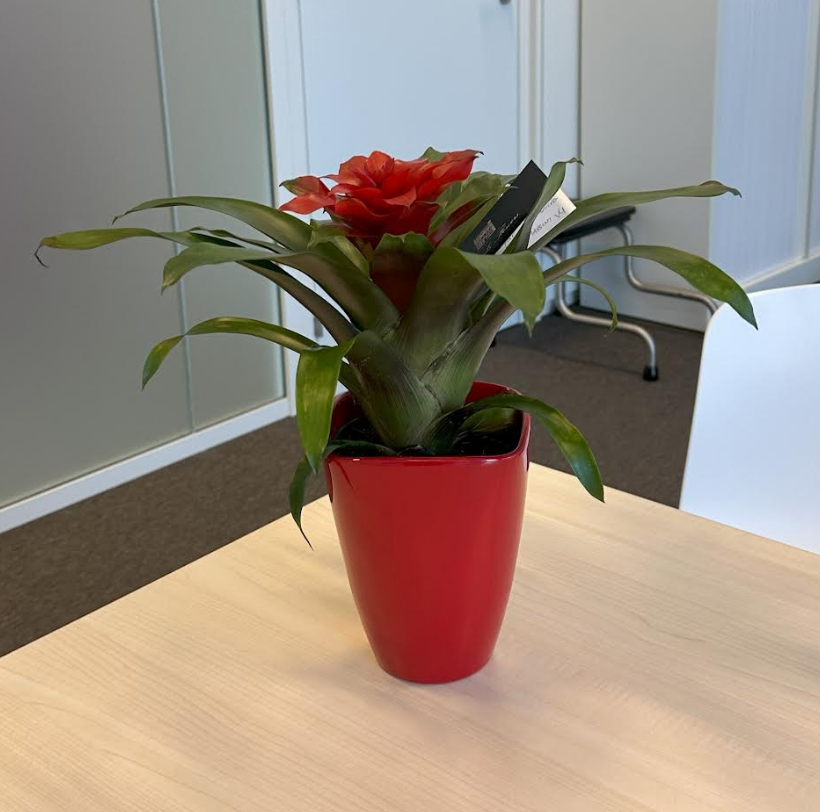
I must tell you something
The bad news conversation
Reading Time: 2 minutes
So where does my motivation to (continue to) help people in emergencies come from? A defining moment in my career was my commitment in the 1980s and 1990s to the care and support of AIDS patients. During the AIDS epidemic, we as family physicians came face to face with a very different group of patients: young, highly educated and strong-willed people, often assertive and with a clear vision for their lives. Until then, most patients with serious or fatal diseases were elderly. The AIDS epidemic confronted us with a new reality and forced us to look differently at care and approaches in practice. It marked the start of an enormously instructive period for me. During my training and in the first years of my career, patients with serious illnesses, such as lung cancer, were actually barely informed. They were told, for example, that there was a spot on one of their lungs and that further examination was needed, but the hard truth about their prognosis often remained unspoken. With AIDS patients, each doctor noticed for the first time how important it was to be open and honest about bad news.
The importance of bad news conversations
The essence of bad news conversations is simple: you start with the core message, without detours. You explain understandably and concretely what is going on. But the most important thing comes next: listening. Does the patient understand what you are saying? What are the reactions, the questions, the fears? This takes time, much more than conveying the diagnosis itself. But it is crucial to ensure that patients are not only informed, but also given the space to make their own decisions. Herein, I believe, lies the core of medicine, and certainly family medicine: our job as physicians is to help people maintain their autonomy. That means guiding patients in making decisions, without going into making choices on their behalf. The temptation to take charge ourselves is strong. After all, we are trained, we have the knowledge – but people often have their own reasoning, their own priorities. Our job is to respect those and bring them along for the ride.
Making any topic negotiable
In conversations, therefore, as a family physician, ask questions such as: What do you want for yourself? What does this mean to you? Do you want to attend another family gathering, or perhaps do something else that is important to you? These questions are not about the disease, but about life. About what is valuable to that patient. And sometimes about how he or she wants to prepare for the end of life. Not everyone thinks about this right away, but it is important that we, as family physicians, offer the opportunity to discuss this. This is also a reason why I am now considering continuing my practice elsewhere. I want to continue doing my job in my own way, with the same attention and care for each patient’s unique situation. I know that not every physician works this way, but for me it is a fundamental belief. At the same time, I realize that my work and my role are changing. I am realistic about my “limitations. New generations of physicians, with their knowledge of guidelines and protocols, may be better equipped than I am in many areas. That means I have to make choices now, both for myself and for my patients. I want to continue to devote my time and energy to those people who need my guidance the most, including psychologically. These are complex pathways, but it is exactly in this that I find my calling as a physician.
Link to my appointment calendar: https://drpetervanbreusegem.be/
Photo: A bromeliad given to me by a grateful patient.
Recente bijdragen
More burnout and mental suffering, but who is listening?
In a previous article, I already addressed the marked increase in burnout and mental health problems. I have also seen this evolution in my own […]
The will to continue to help
It was hard for me to tell my patients that I would be quitting my practice in Brussels. Perhaps that also explains why I choose to continue in […]
Newsletter November 2024
November 2024 Below you can download Peter van Breusegem’s medical newsletter for free. Newsletter November – EN Téléchargez […]
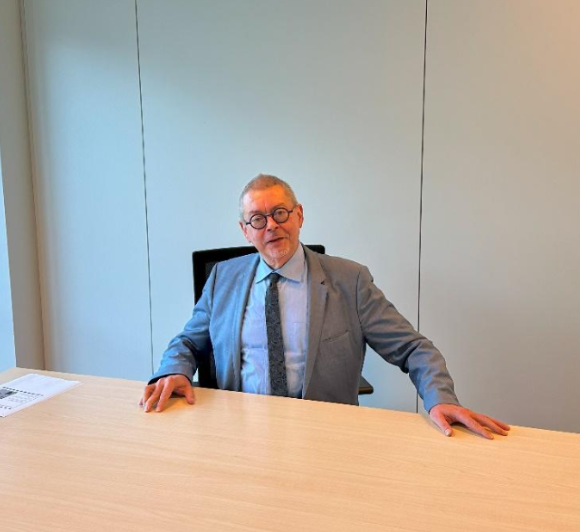
Alle auteurs
- Olivier Lichtenberg
- ADHD
- Advice from the doctor
- African poetry
- AIDS activism and gay emancipation
- Bibliography of Chris
- Bibliography of Olivier
- Biography of Chris
- Biography of Olivier
- Biography of Patrick
- Blogs
- Chris' Stage
- Columns
- Covid
- Dirk van Babylon Newsletter
- Double calling
- Essays
- Fragile light
- Hanna's Mind Wanderings
- Incapacity for work
- Late Pasquino's
- LEIF doctor
- Liechtensteiner
- Medical newsletter
- Memoirs of a general practitioner
- Miguel Molinos
- Moctines
- Musings
- Myriad
- Practice in Erembodegem
- Resignation
- Sleep problems
- Sonnets
- Sprawl Month
- Substance abuse and addiction
- Travel
- Uncategorized
- Vi to
- Vögels
- Voluntary euthanasia
- Weltschmerz
- Wormwood or The dose makes the poison
- Patrick Bernauw
- ADHD
- Advice from the doctor
- African poetry
- AIDS activism and gay emancipation
- Bibliography of Chris
- Bibliography of Olivier
- Biography of Chris
- Biography of Olivier
- Biography of Patrick
- Blogs
- Chris' Stage
- Columns
- Covid
- Dirk van Babylon Newsletter
- Double calling
- Essays
- Fragile light
- Hanna's Mind Wanderings
- Incapacity for work
- Late Pasquino's
- LEIF doctor
- Liechtensteiner
- Medical newsletter
- Memoirs of a general practitioner
- Miguel Molinos
- Moctines
- Musings
- Myriad
- Practice in Erembodegem
- Resignation
- Sleep problems
- Sonnets
- Sprawl Month
- Substance abuse and addiction
- Travel
- Uncategorized
- Vi to
- Vögels
- Voluntary euthanasia
- Weltschmerz
- Wormwood or The dose makes the poison
Over de auteur
Other works by our writers
- November 2025 (1)
- August 2025 (1)
- July 2025 (2)
- March 2025 (3)
- December 2024 (10)
- November 2024 (6)
- October 2024 (3)
- February 2021 (3)
- January 2021 (5)
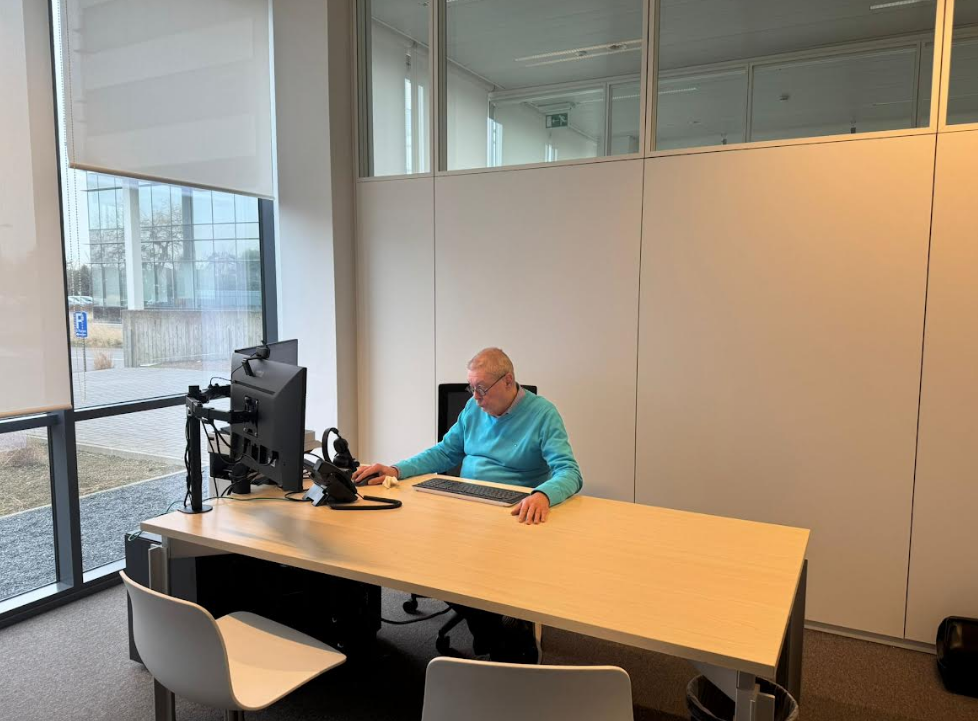
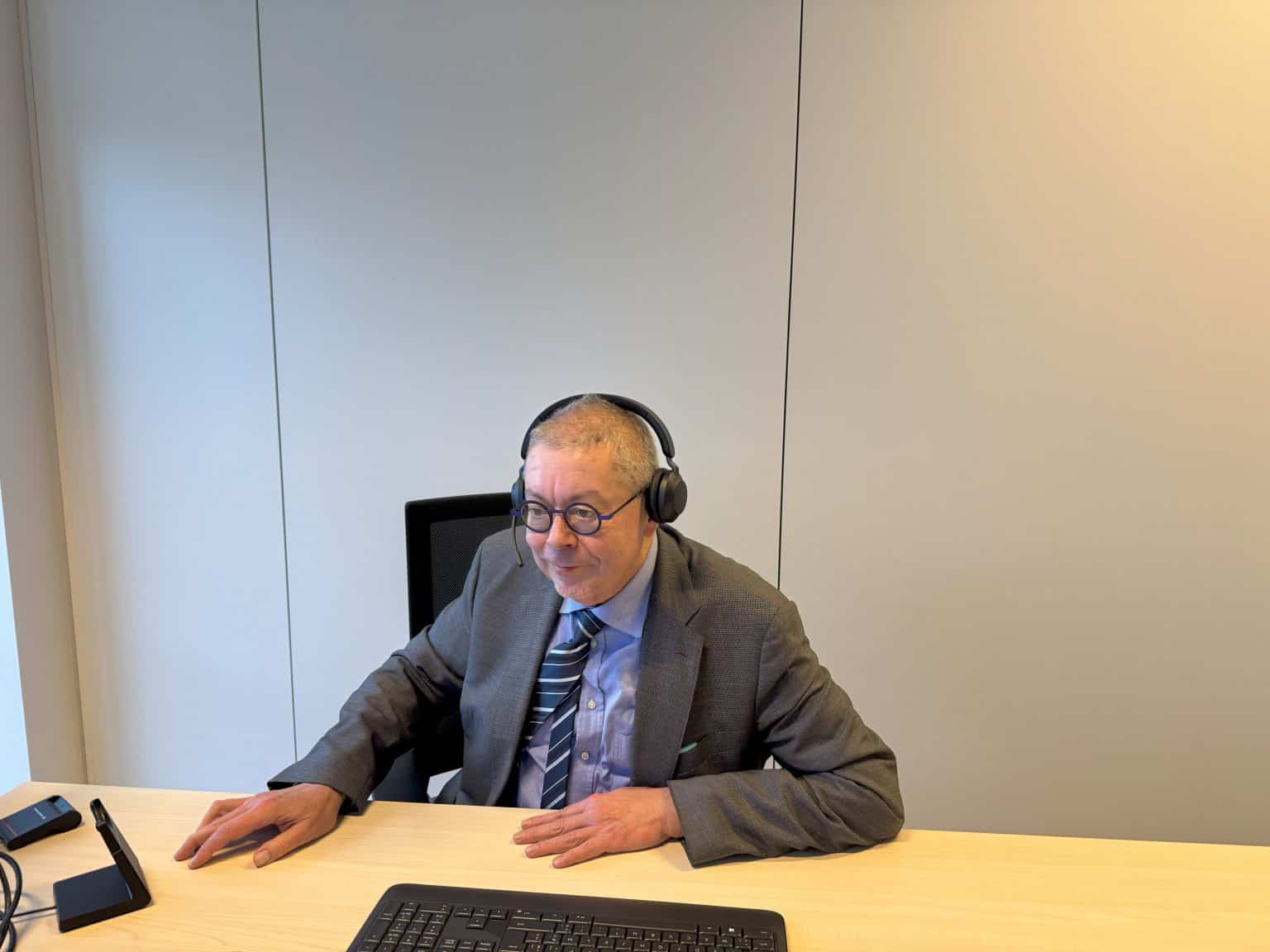

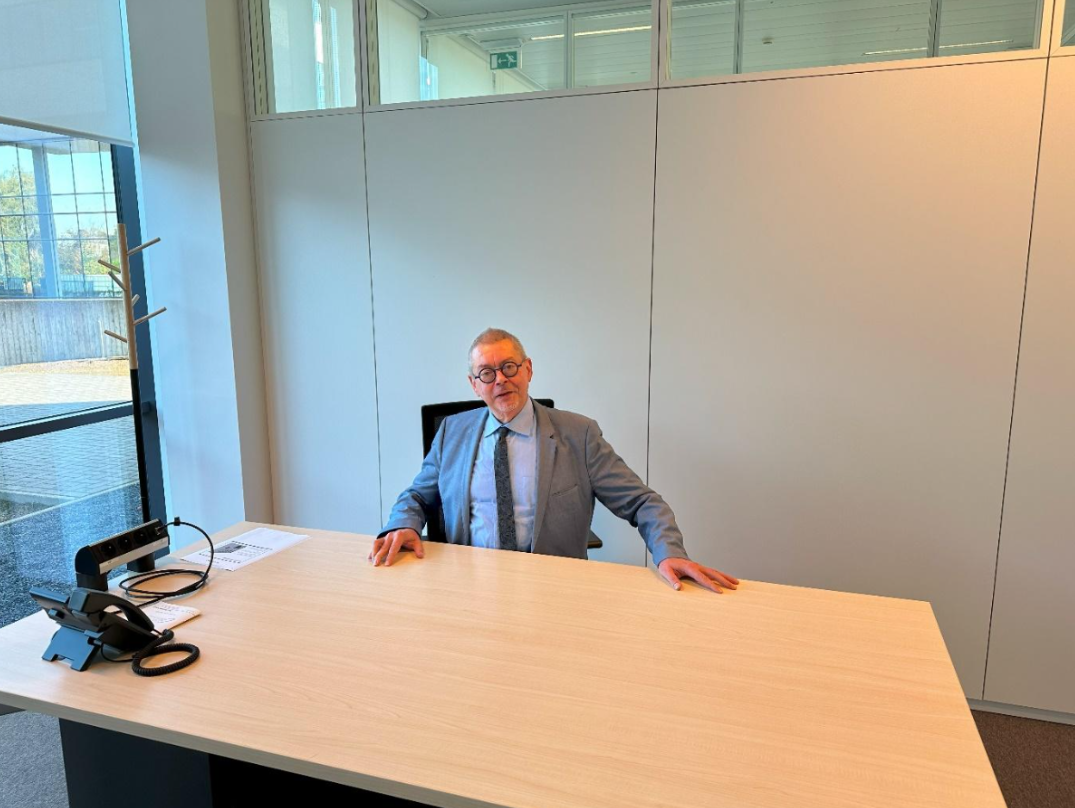
No comments have been posted yet!